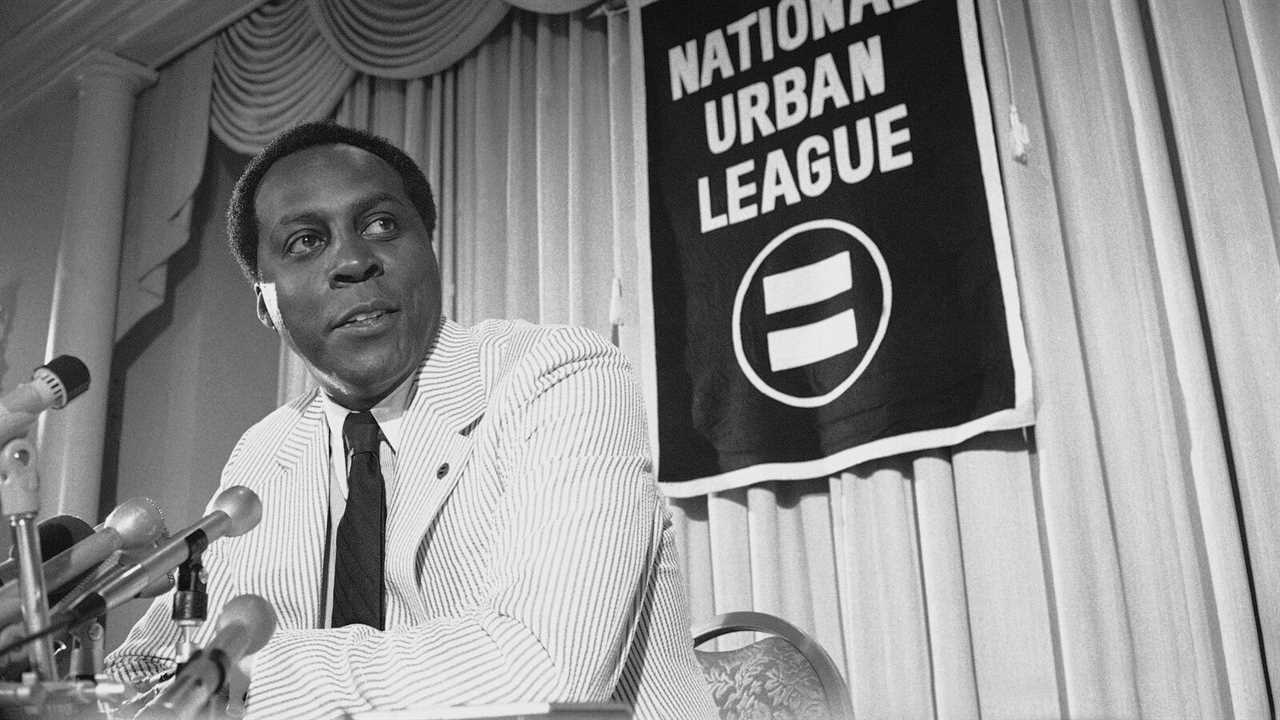
Vernon E. Jordan Jr., the civil rights leader and Washington power broker whose private counsel was sought both by the powerful at the top levels of government and those in the corporate world, died on Monday at his home in Washington. He was 85.
His death was confirmed in a statement by Vickee Jordan, his daughter.
Mr. Jordan got his first inkling of the world of power and influence that had largely been denied Black Americans when he was a waiter at lawyers club dinners catered by his mother in Atlanta and as a driver for a wealthy banker, who was startled to discover that the tall Black youth at the wheel could read.
Despite the odds against him, Mr. Jordan went on to a dazzlingly successful career as a civil-rights leader and then a high-powered Washington lawyer in the mold of past capital insiders like Clark M. Clifford, Robert S. Strauss and Lloyd M. Cutler.
“Like so many others, Michelle and I benefited from Vernon Jordan’s wise counsel and warm friendship — and deeply admired his tireless fight for civil rights,” former President Barack Obama, a frequent golf partner on Martha’s Vineyard, wrote in a Twitter post.
Mr. Jordan began his civil rights career after graduating from Howard University School of Law and in 1971 was selected to head the Urban League while still in his 30s, a post in which he survived an assassination attempt in 1980.
While leading the Urban League, he began to provide advice to leading political figures and socialize with them. His closest relationship was with Bill Clinton, whom he had befriended years before Mr. Clinton was elected president in 1992. Mr. Jordan was named co-chairman of the president’s transition effort and became at once the confidant and golfing buddy of Mr. Clinton, a member of multiple corporate boards and a highly paid lawyer-lobbyist at one of Washington’s most politically-engaged law firms.
Mr. Jordan also used his power to cultivate a who’s who of younger Black leaders.
“Monthly lunch with Vernon was filled with career advice, story telling and a reminder of the responsibility we had as Black leaders,” said Darren Walker, the president of the Ford Foundation. “He reminded my generation that we stood on the shoulders of people who shed blood and gave their lives so we could have an opportunity.”
Did you miss our previous article...
https://trendinginthenews.com/usa-politics/warren-revives-wealth-tax-citing-pandemic-inequalities






